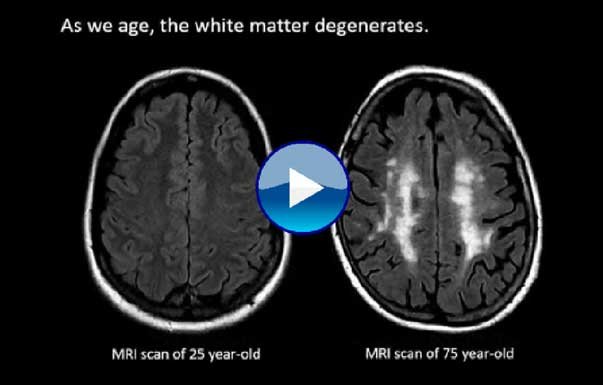Are We Born with Psychological Struggles? The Genetic Perspective
Are Mental Health Issues Genetic or Hereditary?
Understanding the Genetic Component of Mental Health
Mental health issues are a complex interplay of genetic, environmental, and lifestyle factors. While no single gene causes mental disorders, certain genetic variations can increase susceptibility. This multifactorial inheritance means that both genetic and environmental factors contribute to the development of mental disorders.
Genetic Influence on Mental Health
Research indicates that mental disorders often run in families, suggesting a genetic component. For instance, first-degree relatives of individuals with bipolar disorder or schizophrenia have a significantly higher risk of developing these disorders themselves. However, it’s important to note that having a genetic predisposition does not guarantee the development of a mental disorder. Environmental factors, such as stress, trauma, and lifestyle choices, also play a crucial role.
Heritability of Mental Disorders
Heritability estimates for mental disorders vary. Psychotic and neurodevelopmental disorders like schizophrenia and autism have higher heritability (74-85%), whereas mood and anxiety disorders have lower heritability (37-58%). This indicates that while genetics play a significant role, environmental factors are equally important, especially for mood and anxiety disorders.
The Role of Diet and Physical Health
Diet and physical health can influence mental well-being. Nutritional deficiencies and poor physical health can exacerbate mental health issues. Conversely, a balanced diet and regular exercise can improve mental health by reducing stress and enhancing mood. This holistic approach underscores the importance of maintaining overall well-being to support mental health.
Raising Awareness and Seeking Help
Awareness of the genetic and environmental factors contributing to mental health issues is crucial. Understanding that mental disorders are not solely a result of personal failings can reduce stigma and encourage individuals to seek help. Genetic counseling can provide valuable insights for those with a family history of mental disorders, helping them understand their risks and take preventive measures.
Conclusion
Mental health issues are influenced by a combination of genetic and environmental factors. While genetic predispositions can increase the risk, environmental factors and lifestyle choices play a significant role in the development and management of these disorders. Maintaining a healthy diet, engaging in regular physical activity, and seeking professional help when needed are essential steps in managing mental health.

Disclaimer
The content provided in this article is for informational purposes only and should not be considered professional medical advice. Always consult with a qualified healthcare provider for personalized medical advice.
Content Sources
- National Institute of Mental Health (NIMH)
- National Center for Biotechnology Information (NCBI)
- HealthyChildren.org
- National Institutes of Health (NIH)


















